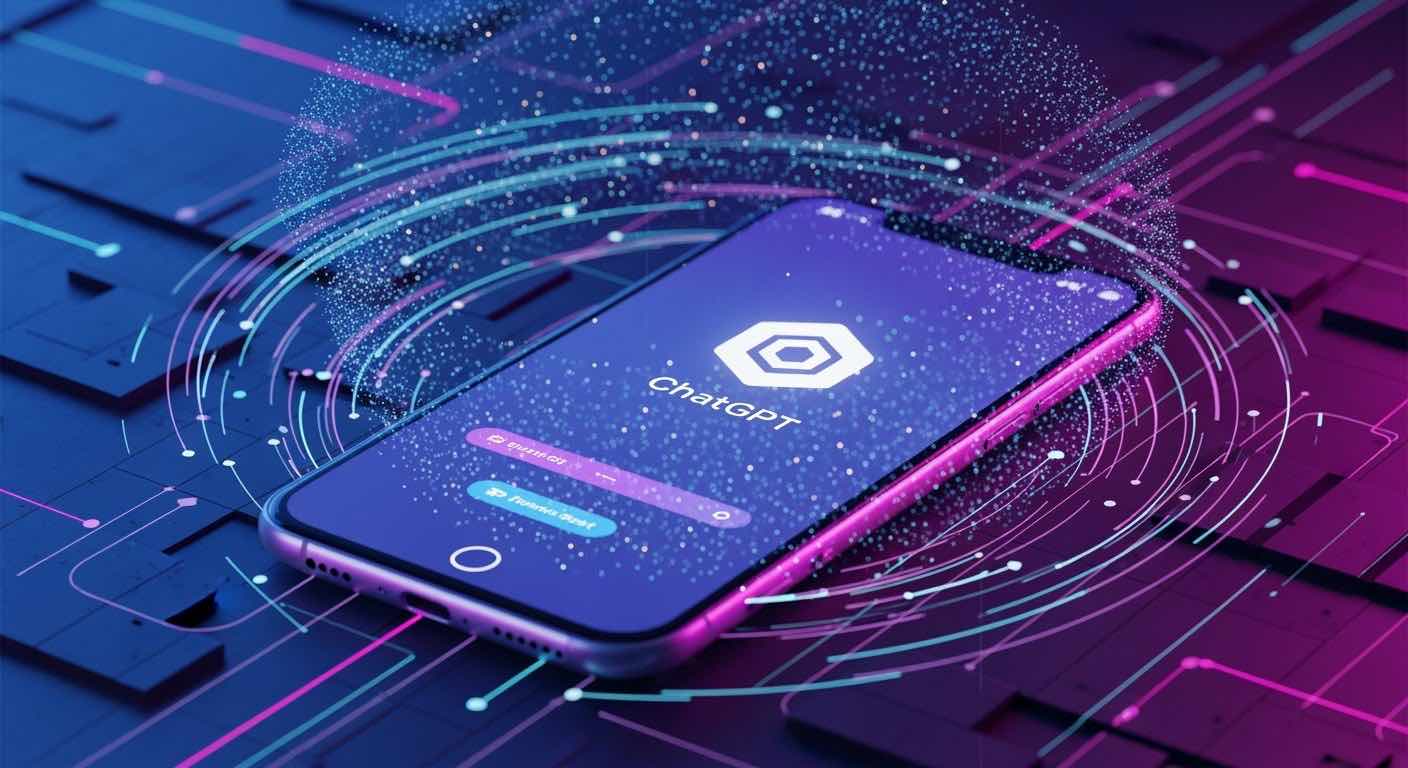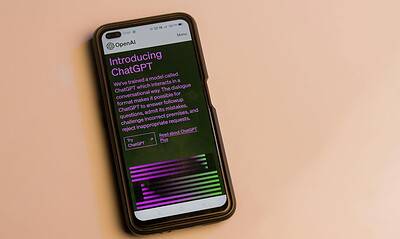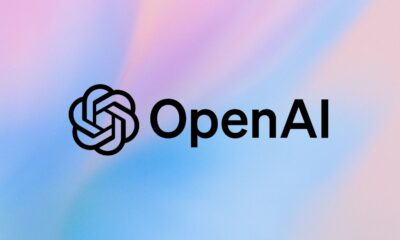AI
OpenAI no longer has to save every ChatGPT conversation
OpenAI is no longer required to preserve and segregate all output log data that would otherwise be deleted on a going-forward basis.

Just a heads up, if you buy something through our links, we may get a small share of the sale. It’s one of the ways we keep the lights on here. Click here for more.
OpenAI just scored a small but meaningful courtroom win, and your old ChatGPT conversations can finally breathe a sigh of relief.
A federal judge has ended the controversial order that forced OpenAI to preserve all of its ChatGPT data indefinitely.
The order, originally issued in May, had effectively turned OpenAI into an accidental data hoarder for the sake of a copyright lawsuit filed by The New York Times.
The saga began back in late 2023, when the Times sued OpenAI for allegedly using its journalism to train ChatGPT without permission or payment.
In May, a judge ordered OpenAI to retain every chat log, allowing The Times to sift through them for evidence of copyright infringement, a move OpenAI called an “overreach” and a potential privacy nightmare.
OpenAI argued that the ruling would force it to retain mountains of user data that would normally be deleted, potentially compromising the privacy of millions of users who were not part of the lawsuit.
Now, in a new ruling filed October 9, Judge Wang has changed course. (Via: Mashable)
OpenAI is no longer required to “preserve and segregate all output log data that would otherwise be deleted on a going-forward basis.”
The company can stop hoarding every snippet of chatbot small talk after September 26.
That said, this isn’t a total data free-for-all. OpenAI still has to keep chat records connected to accounts specifically flagged by The New York Times, and the paper can expand that list as its investigation continues.
Any logs already saved remain fair game, so the lawyers’ digital scavenger hunt isn’t over yet.
The case is one of several copyright suits filed by major publishers accusing OpenAI and Microsoft of training models on their work without consent.
But for now, OpenAI gets a breather: less legal red tape, less data to store, and slightly fewer reasons for users to panic about their midnight conversations being locked away in a courtroom forever.



























